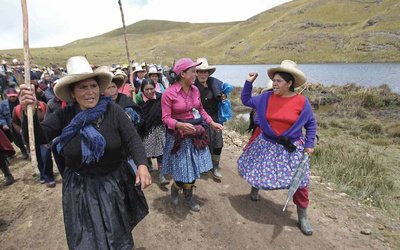
GAGGA rallies the collective power of the women's rights and environmental justice movements to realize a world where women can and do access their rights to water, food security, and a clean, healthy and safe environment.
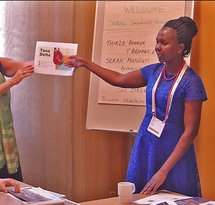
'Water for development' was the topic of the annual World Water Week (WWW), which was held last week in Stockholm for the 25th time. Thirza Bronner, Sanderijn van Beek and Cindy Coltman of Both ENDS were present, together with partners Serah Munguti of ‘Nature Kenya’ in Kenya, and Suu Lam from the ‘Centre for Social Research and Development (CSRD)’ in Vietnam. In light of this year’s theme, Both ENDS decided to invite these two outspoken women leaders to this conference to bring strong civil society voices to the table. They took part in a roundtable session that was marked by enthusiastic participation of policy makers, donors and NGOs. During the session, Munguti and Lam told us about their organisational objectives, their experiences and how ‘water for development’ translates into their practice.
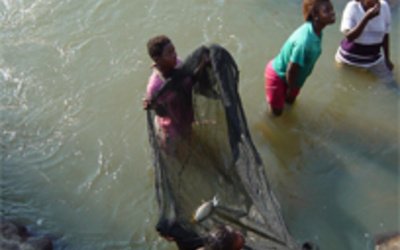
"This is a turning point in global water management," said Both ENDS colleague Tobias Schmitz. He was in Geneva for a UN meeting on the future of water management or ‘the world after 2015’, when the term for the current Millennium Development Goals has passed. The conference had a special focus on the management of water resources and of waste water. We asked Tobias why he was attending the meeting and what were – and should be- the main issues in his view.
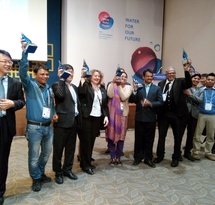
Our partner Local Environment Development and Agricultural Research Society (LEDARS) from Bangladesh has won third prize in the Water Showcase competition at the World Water Forum. We congratulate them with this magnificent result! Besides receiving a considerable sum of money, the award is an important recognition for LEDARS’ innovative approach. The seventh edition of the World Water Forum takes place in Daegu, South Korea.
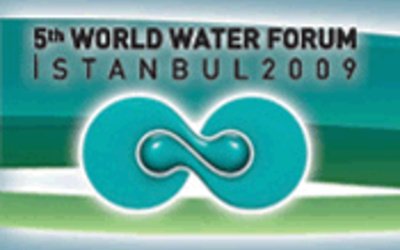
From the 16th till the 22nd of March Istanbul is the stage for the fifth World Water Forum. The World Water Forum is the main water-related event in the world, aimed at putting water firmly on the international agenda. A stepping stone towards global collaboration on water problems, the Forum offers the water community and policy-and-decision-makers from all over the world the unique opportunity to come together to achieve water security. Both ENDS is present at the Forum and participates on three levels.
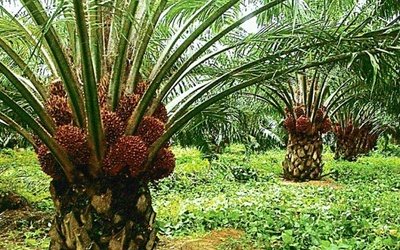
The production of palm oil is causing social and environmental problems worldwide. Both ENDS is working to make the sector fairer and more sustainable and is promoting alternatives for palm oil.
Both ENDS, also on behalf of FERN, NCIV and Milieudefensie, sent a letter to Vivianne Heijnen, the State Secretary for Infrastructure and Water Management, about the MTCS certificate. In practice, this Malaysian timber certificate appears to tolerate the violation of indigenous land rights and intimidation of indigenous organisations. The Netherlands should therefore suspend the approval of MTCS in its purchasing policy, among other things.
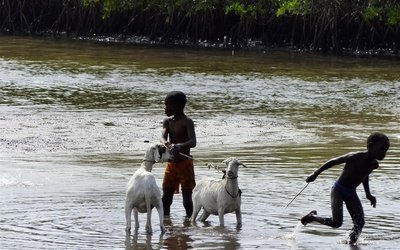
26 Civil society organisations (CSOs), including Both ENDS, have joined forces and sent a position paper containing 11 recommendations to Minister Ploumen of Foreign Trade and Development Cooperation. The recommendations address access, sustainability, good governance and finance of clean drinking water and toilets.